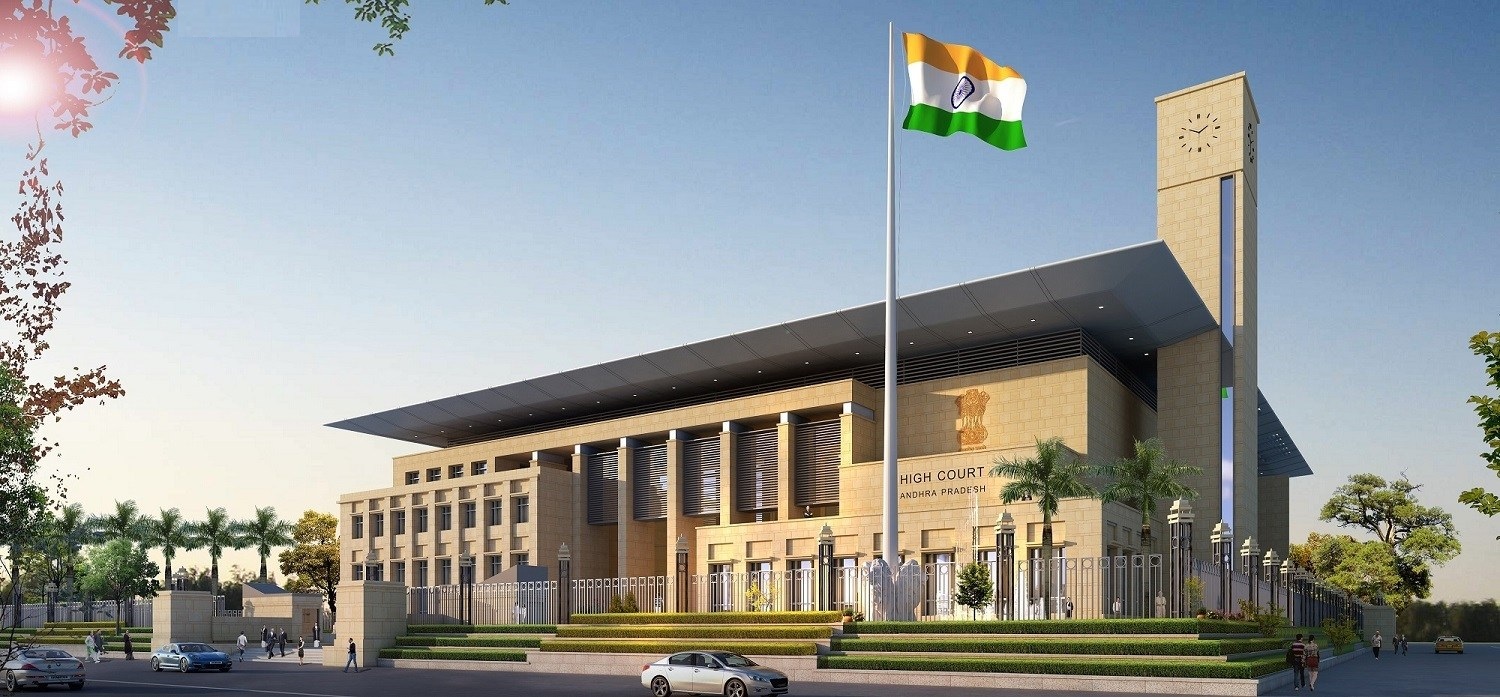-
by Admin
15 February 2026 2:16 AM



Andhra High Court Stresses Due Process and Fair Hearing Before Demolition of Alleged Unauthorized Constructions on Leased Land for Party Offices.
In a recent landmark decision, the Andhra Pradesh High Court, presided over by Justice B. Krishna Mohan, has directed the state authorities to follow due process before proceeding with the demolition of buildings constructed by the Yuvajana Sramika Rythu Congress Party (YSRCP). The judgment underscores the necessity of adhering to principles of natural justice and fair hearing in administrative actions, specifically in cases involving alleged unauthorized constructions on leased land meant for party offices.
The petitioners, YSRCP, represented by its State General Secretary Leila Appi Reddy and District President Pyla Narasimhaiah, challenged the provisional demolition orders issued by various municipal and urban development authorities across Andhra Pradesh. These orders targeted buildings constructed on leased government land, alleging unauthorized constructions. The YSRCP argued that their constructions were compliant with legal requirements and sought regularization of any deviations.
The court highlighted the need for respondent authorities to verify records and consider the petitioners' explanations before taking any coercive steps. "The power of demolition should not be resorted to unless overwhelming public interest is involved," stated Justice B. Krishna Mohan, emphasizing the significance of acting fairly and objectively in consonance with the law.
Justice B. Krishna Mohan reinforced the requirement for due process and fair hearing in administrative actions. The court noted, "The petitioners' buildings were constructed by complying with all required provisions of law, and any alleged violations are curable defects." The judgment stressed that demolitions should only occur if deviations are not in public interest or cause public nuisance or danger.
The judgment extensively discussed the principles of evaluating administrative actions in urban development cases. It reiterated that administrative authorities must provide opportunities for parties to present their cases fully. "At every stage of the proceedings, a due opportunity of hearing shall be given to the petitioners," the court directed, ensuring transparency and fairness in decision-making processes.
Justice B. Krishna Mohan remarked, "The power of demolition should be exercised only if the deviations made during the construction are not in public interest or hazardous to public safety. Minor, minimal, or trivial deviations that do not affect the public at large should not result in demolition."
The Andhra Pradesh High Court's decision is a significant affirmation of the judiciary's role in safeguarding due process and fairness in administrative actions. By mandating that authorities follow due procedure and provide fair hearings, the judgment ensures that actions taken against alleged unauthorized constructions are just and lawful. This decision is expected to influence future cases, reinforcing the legal framework for addressing issues of urban development and unauthorized constructions.
Date of Decision: July 04, 2024
Yuvajana Sramika Rythu Congress Party (YSRCP) vs. The State of Andhra Pradesh & Others
